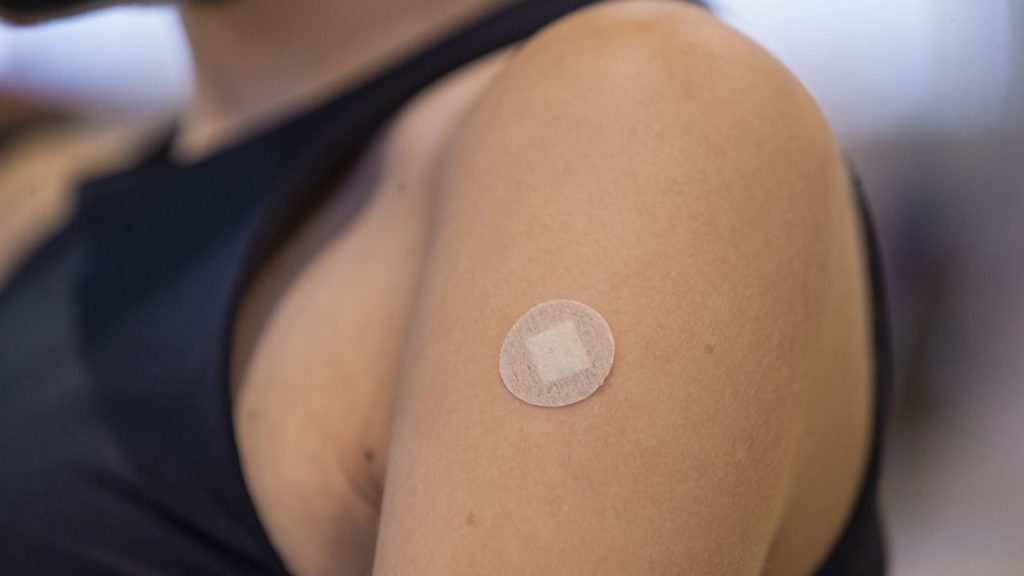Half of the European Union's population is now fully vaccinated against Covid-19, according to a count by the Associated French Press from official sources on Tuesday.
That's a total of 223.8 million people who have received two doses of vaccines like Pfizer, AstraZeneca or Moderna, a single dose after recovery, or a single dose vaccine like Johnson & Johnson’s.
Of the 27 member states, 13 have passed the 50% mark for full vaccination, including the bloc’s four most populated countries: Spain (58%), Italy (54%), France (53%) and Germany (52%).
The most vaccinated countries in the EU are Malta (74%), Belgium (59%) and Spain (58%).
The least vaccinated are Bulgaria (14%) and Romania (25%).
Nearly 60% of the EU population (59.5%, or 265.9 million people) has received at least one dose of vaccine, according to the figures.
The European Union, which continues to vaccinate at a steady pace, has now overtaken the United States: as of 1 August, the Americans had fully vaccinated 49.7% of their population (compared to 49.8% for the EU) and had 57.8% of first-time vaccine recipients (compared to 59.3% for the EU).
Each day over the past week, the EU has administered doses to 0.6% of its population, a rate that is decreasing but remains three times higher than in the US (0.2%).
To date, four vaccines have been approved in the EU, those developed by Pfizer/BioNTech, Moderna, AstraZeneca/Oxford and Johnson & Johnson.
In addition to these, Hungary and Slovakia also use vaccines not approved by the European Medicines Agency (EMA) that were developed in Russia or China.
Coronavirus infection rates have been rising sharply in Belgium in recent weeks.
An average of three deaths per day as a result of the coronavirus is being recorded in Belgium following the sharp rise in coronavirus cases in July, according to the latest figures from Sciensano Health Institute published on Tuesday morning.
The Brussels Times

